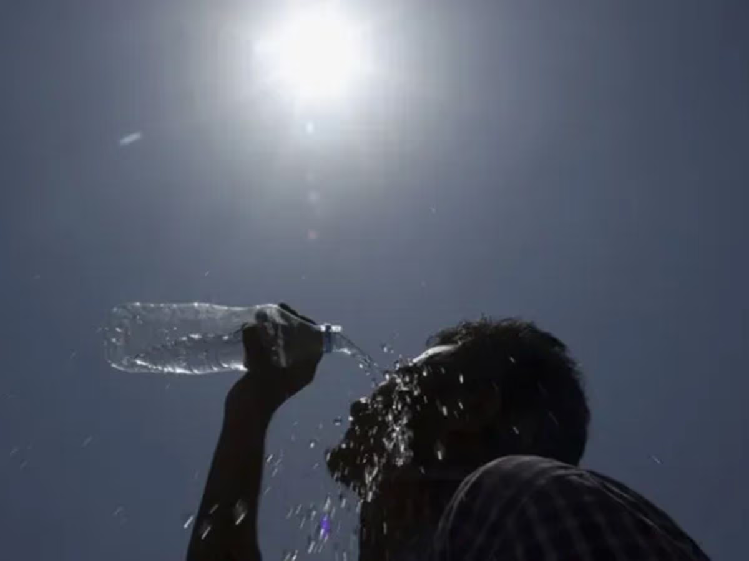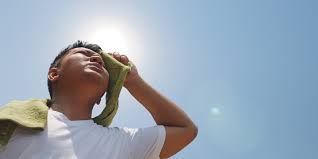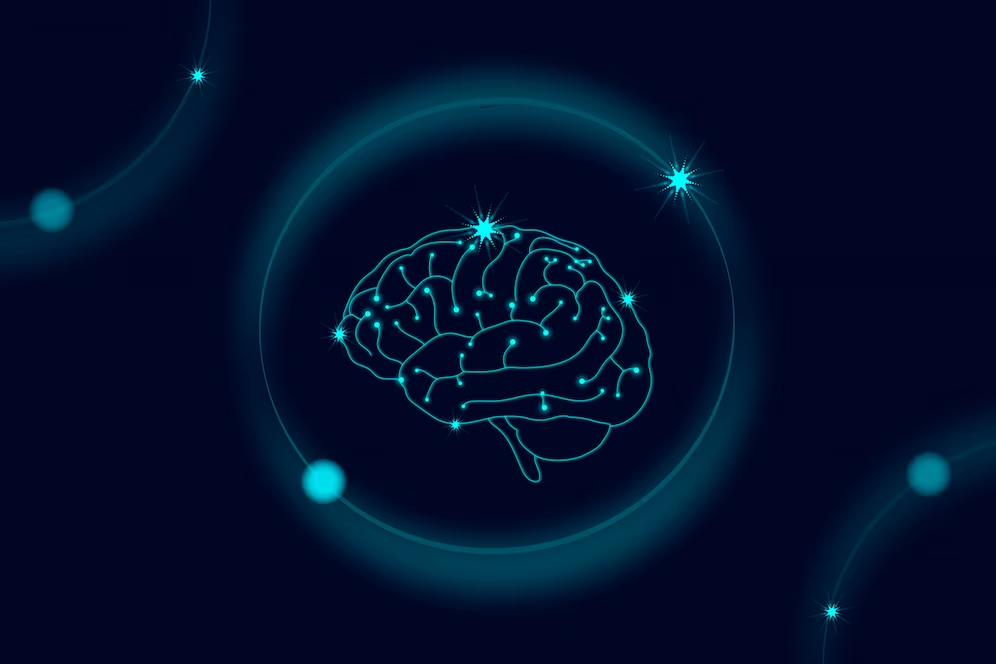With the rising temperature in many states of India including the capital Delhi, cases of heat stroke have also started being reported in hospitals. Dr. Neeraj Nischal, Additional Professor, Department of Medicine, AIIMS (Delhi), said that heat stroke usually occurs when the body gets overheated due to excessive work in high temperatures. This is a serious condition that requires immediate treatment.

However, people who sit without exercising in the summer can also suffer from heat stroke, especially if they are dehydrated. Children, elderly people, and people suffering from diseases like diabetes are at higher risk of heat stroke.
Symptoms of heat stroke
- Body temperature of 104 degrees Fahrenheit or higher
- Decreased or stopped sweating
- Fast heartbeat
- Dizziness, headache, and vomiting
- Confusion and fainting
Who is at greater risk
- Young children and the elderly
-People with health problems such as diabetes, heart disease or high blood pressure
-People taking medications

-People who consume alcohol or caffeine
-People who work outside or overdo physical activity
Preventive measures
- Wear loose cotton clothes and a hat to protect from sunlight.
- Drink at least 8-10 glasses of water throughout the day.
- Use air conditioning or a fan, take a cold bath, and drink cold water.
- Avoid heavy food, eat light and nutritious food.
- Avoid alcohol and caffeine. These can dehydrate you.
- Reduce outdoor activity. If you have to go out, go in the morning or evening when the temperature is lower.
- Take care of the elderly and children. Keep them watered regularly and keep them in a cool place.
If you think you or someone else is having heat stroke, seek medical help immediately. By following these simple measures to prevent heat stroke, you can keep yourself and your loved ones safe.










